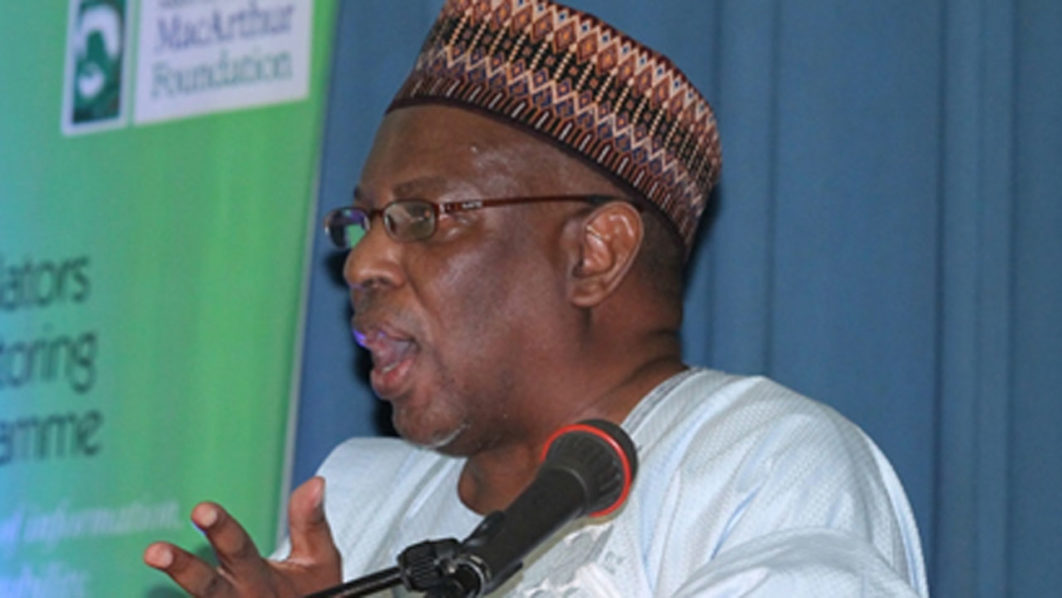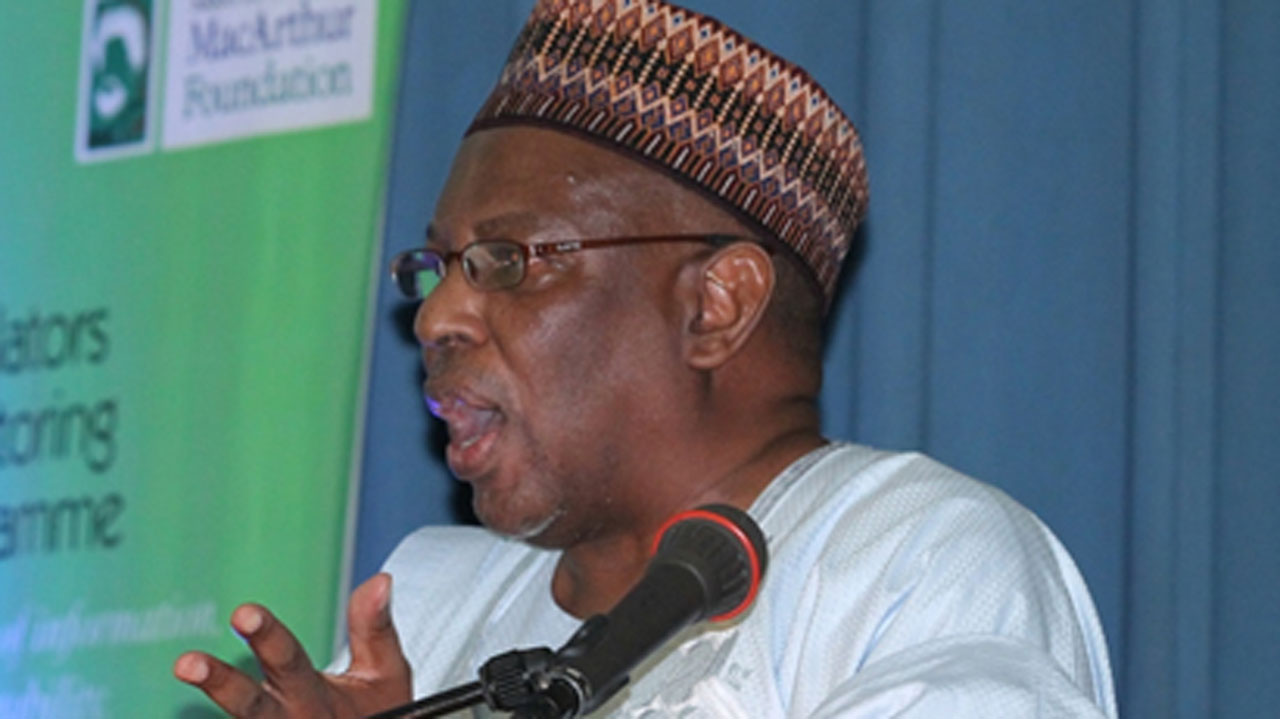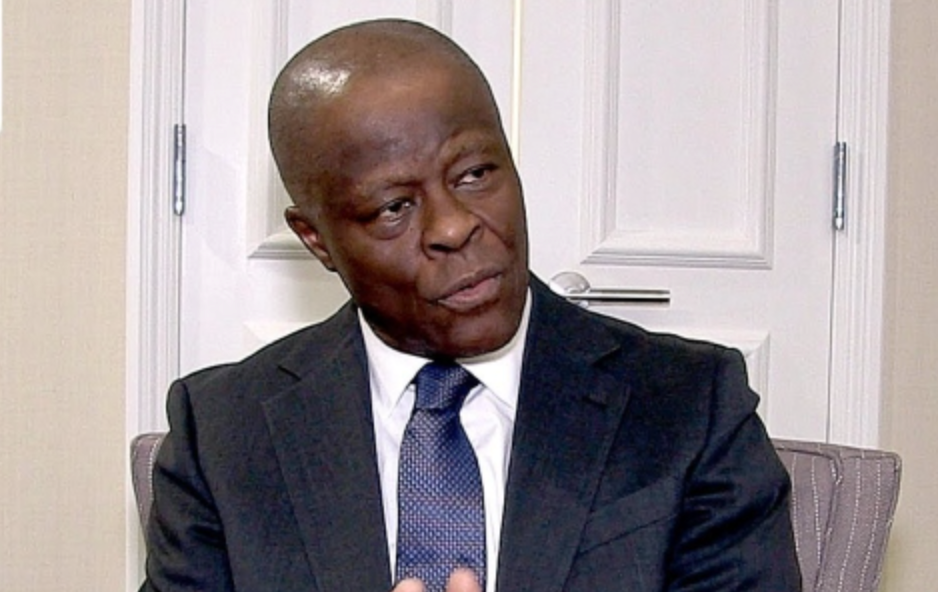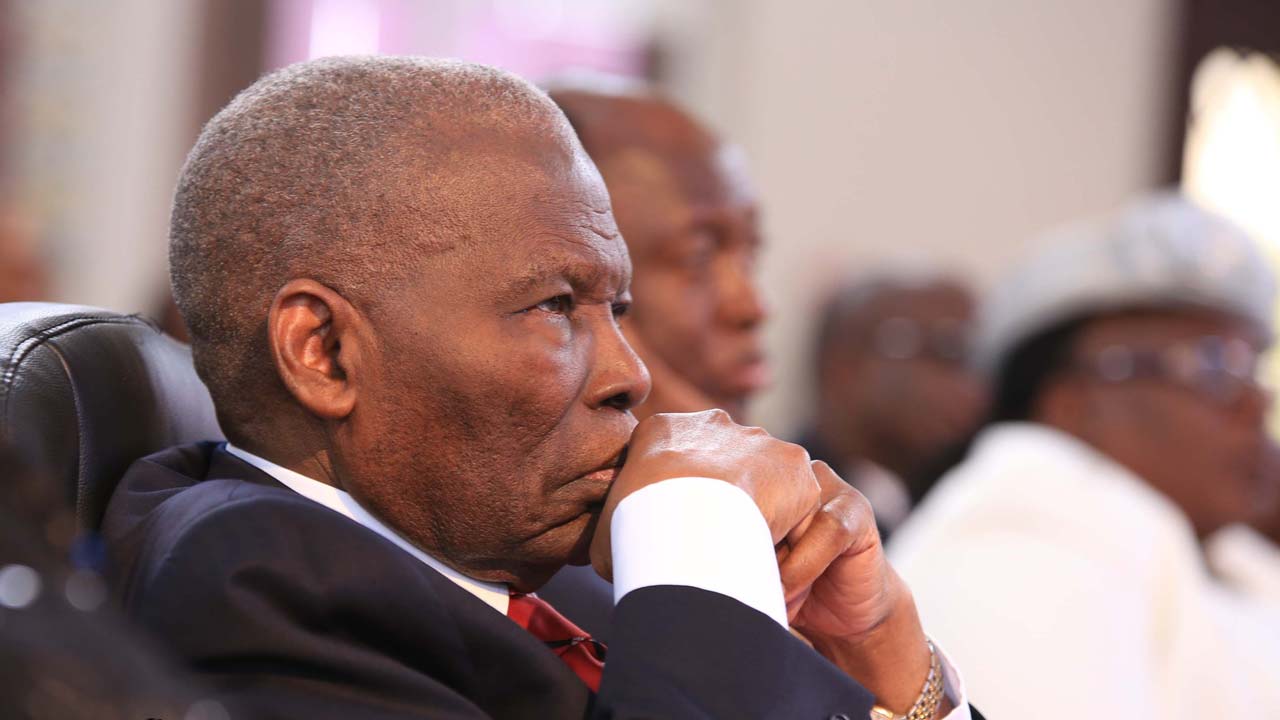
By not paying the counterpart fund to access allocations set aside by the Federal Government for basic education, many state governments are doing a disservice not only to Nigerian children who are the targeted beneficiaries but also to national development efforts.
Despite the universal appreciation of education as the bedrock of development of every society, it is unimaginable that there could still be any leader anywhere who will not give it the desired priority. Any Nigerian leader who could not see the consequences of not prioritising basic education is patently not worthy of the public office he or she occupies.
Does anybody need to be told that with close to 20 million out-of-school children in Nigeria, the country is already building an army of stark illiterates who would be willing hands to be engaged by criminals in making life miserable for innocent people in the future? Who else should know this more than the people in the corridor of power, who get privileged information about actual and potential threats to the society at every point in time?
Besides, do our leaders care about the future of these children? Do they consider the fact that those who may fall victim to or be denied education by the failure to access the UBE fund to enhance their foundational learning may be great leaders to liberate the country? We should do the needful now and save the future.
On September 30, 1999, former President Olusegun Obasanjo initiated the Universal Basic Education (UBE) programme in Sokoto State as a strategy to achieve education for all and the education-related Sustainable Development Goal (SDG). Basically, the aim was to stimulate and accelerate national development, political consciousness, and national integration, and the Universal Basic Education Commission (UBEC) was established to handle the task.
Among other things, the UBE matching grant is meant to provide instructional materials and enhance infrastructural development, including the provision of amenities like toilets, as well as training and retraining of teachers to enhance the quality of learning, increase enrolment and boost retention in schools.
For any state to fully benefit from the fund, the UBE Act 2004 makes it mandatory for such state to provide a matching grant or counterpart funding. This way, the state commits to the projects, ensures funds are not misapplied through monitoring mechanisms that are included in the programme and contributes to the sustainability of the fund.
Unfortunately, over the years, many state governors have shown little or no interest in accessing the fund, even when it is obvious that the quality of learning, enrolment figures and ability to retain pupils in schools in their domains have reduced considerably. Even with the increase in the accessible grant from N1.3 billion to N3.5 billion, many states are not coming for it, leaving primary and junior secondary education, the very foundational learning, to suffer to the detriment of the young Nigerians and national development.
According to UBEC, Abia, Ogun and Imo states account for the largest share of the un-accessed funds. A breakdown by the Commission shows that the un-accessed fund in favour of Abia stands at N4.28 billion; Ogun N4.26 billion; Imo N3.54 billion; Adamawa, Anambra, Bauchi, Edo, Ebonyi and Oyo N2.6 billion each; Cross River N2.04 billion; Bayelsa, Ekiti, Gombe, Kaduna, and Lagos N1.39 billon each. Others are Katsina, Akwa Ibom, Kebbi, Kogi Plateau, Yobe and FCT N1.39 billion each; Rivers N697 million; Kano N581 million; Niger N237 million and Benue N20 million.
The Executive Secretary of UBEC, Dr Hamid Bobboyi, disclosed that only 16 states had so far accessed the 2023 matching grant, representing 41 per cent of the appropriated N51.6 billion for basic education. The states are Benue, Borno, Cross River, Delta, Enugu, Jigawa, Kano, Kwara, Nasarawa, Ondo, Osun, Rivers, Sokoto, Taraba and Zamfara.
In the most recent round of the National Assessment of Learning Achievement in Basic Education (NALABE), students in primary grades four, five and, six and lower secondary grade one in more than 1500 schools were assessed in English Language, Mathematics and life skills. The outcomes fell sharply below expectations. Sadly, it was a similar story in 1999 and 2021 when Nigeria participated in the UNESCO-UNICEF monitoring learning achievement project in which results were compared across countries. It turned out that the performance of Nigerian pupils was among the weakest in sub-Saharan Africa. It was a shameful verdict on the most populous and one of the richly blessed countries on the continent.
In the first place, educating a child, in the modern world, is crucial to their success in life. It is akin to giving them a roadmap for life. This prepares them for now and the future, and helps them make important decisions that determine what their lives will produce. For this to come to pass, their education must be sound from the basic level so that they can acquire sufficient knowledge in many facets of learning to enable them to function effectively and efficiently in the complex and rapidly changing society.
Sound education bequeaths special skills, traits and knowledge required to make giant strides in life, including invention. The Federal Government realised this when it established the UBE. It is lamentable that many states are yet to see the need for it.
The growing number of out-of-school children and the declining quality of education at the foundational level do not portend a bright future for them and the nation, and this must be a source of concern for the leaders. Governors should make concerted efforts to free money for counterpart funding of basic education for the benefit of the young Nigerians and the progress of the country.






